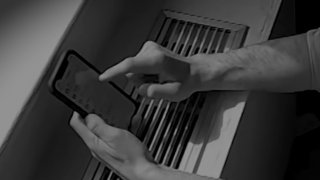
Scammers may pose as government officials, complete with fake government phone numbers, to try to steal your personal information, U.S. Marshals warned Friday.
Officials said callers have been impersonating members of U.S. Customs and Border Protection (CBP) as well as the U.S. Marshals Service in Massachusetts. They may have some information about their intended victim, such as address information or relatives' names, that they found through public records.
The most recent scam involves the caller, pretending to be CBP, claiming to have intercepted a package at the U.S.-Mexico border in Texas with the victim's name on it, as well as a license and illegal drugs or weapons. The caller will try to convince the victim to share bank information.
Callers may also claim to be U.S. Marshal Brian Kyes of the District of Massachusetts, and ask for bank account information. These calls may appear to be coming from the US Marshals Office number in Boston. This is a tactic called spoofing, where phone scammers use technology to change what displays on caller ID.
Get Boston local news, weather forecasts, lifestyle and entertainment stories to your inbox. Sign up for NBC Boston’s newsletters.
U.S. Marshals say they will never ask you to pay fines or fees associated with an outstanding arrest warrant or otherwise over the phone. If you receive a suspicious call, hang up and consider reporting it to local police.
If you think you've been the victim of a scam you can report it to the FBI’s Internet Crime Complaint Center at www.ic3.gov or the Federal Trade Commission (FTC) at www.reportfraud.ftc.gov.
Get updates on what's happening in Boston to your inbox. Sign up for our News Headlines newsletter.

